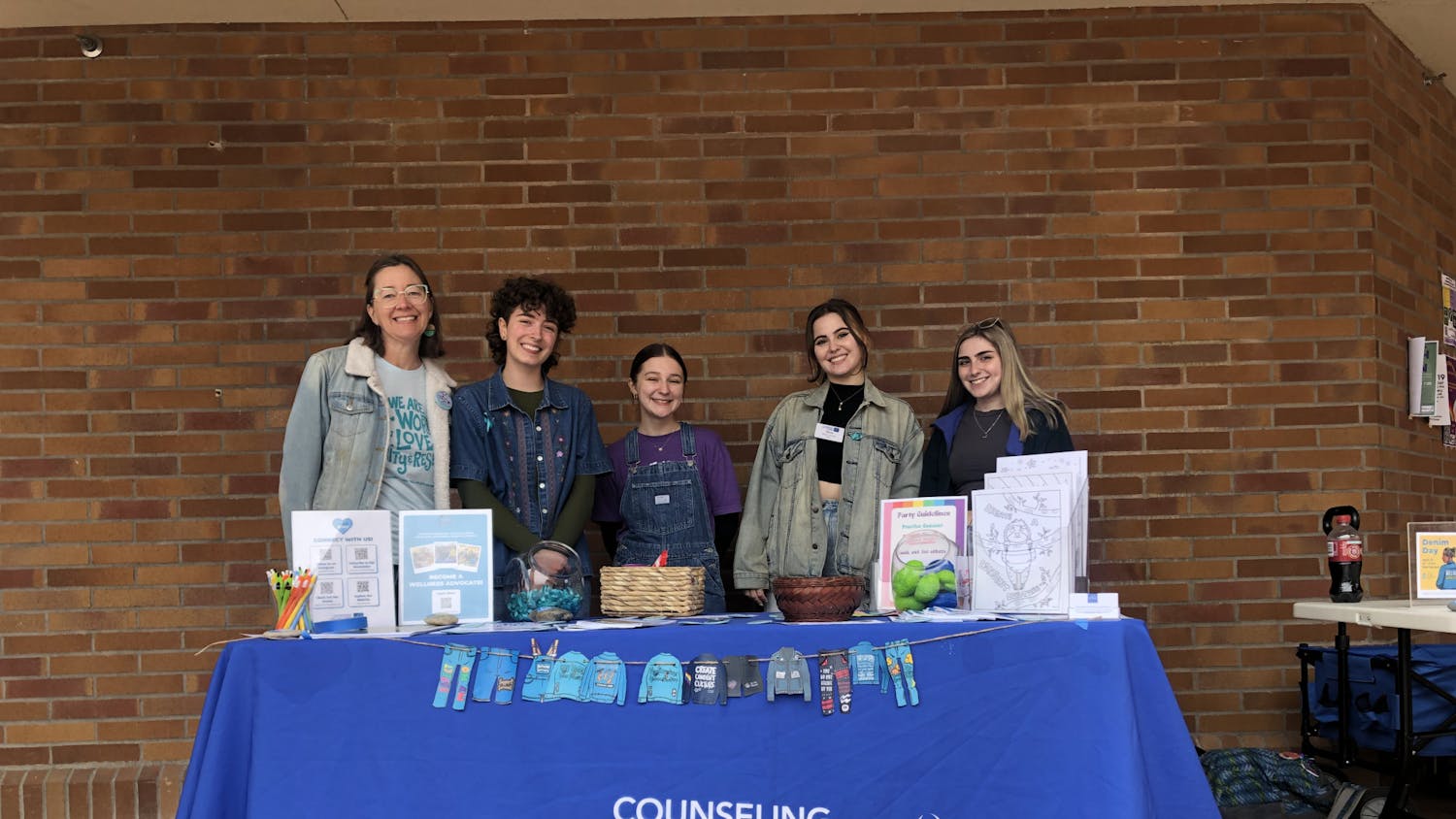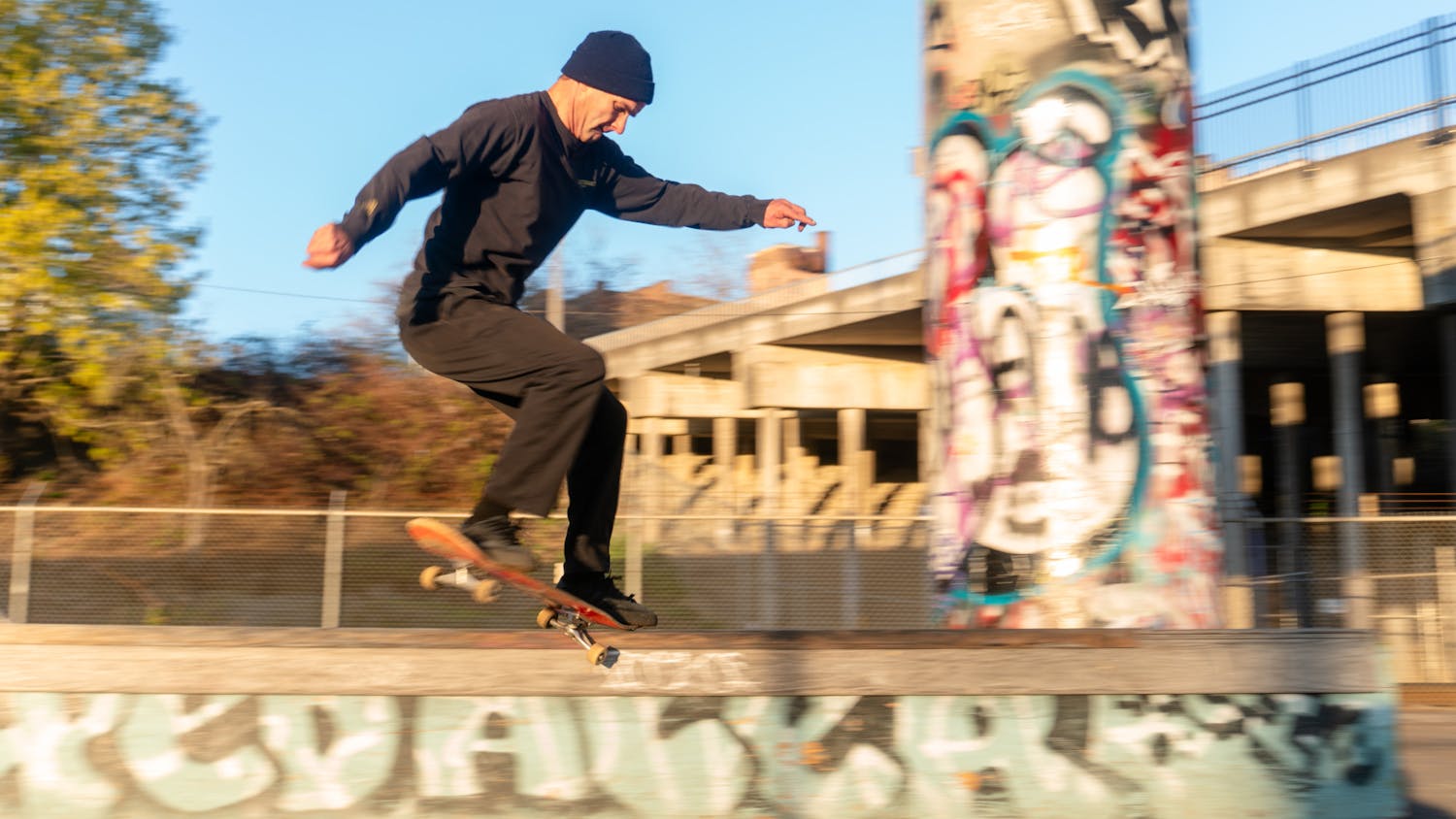Bellingham voters renewed two public school levies in a Feb. 13 special election. The Bellingham School District runs two property tax levies: enrichment levies that fund school staff and other maintenance operations and technology levies that cover student computers and capital projects.
The enrichment levy was passed at 66.04% and the technology levy passed at 65.56% of voters, according to the Whatcom County Auditor’s Office.
Out of 159,750 registered Whatcom County voters, there was a 37.96% turnout. There was a ballot recount on Feb. 22 at 5 p.m. and the election was certified the following day.
“We would not be where we are tonight without the hard work and dedication of literally thousands of our neighbors and friends,” wrote Superintendent Greg Baker in a Feb. 13 statement on the district’s website.
The routine levies took on renewed importance amid an estimated $16 million in budget cuts for the 2024-25 academic year due to declining enrollment and the loss of federal COVID-19 funds.
Levies comprise about 25% of Bellingham School District’s budget, said the district’s Chief Financial Officer Kathryn Weilage.
The state allocates the remaining funds through their basic education mandate called the prototypical model. This funds a minimum number of school staff based on the size of the district's student body. Enrichment levies provide salaries to additional staff.
Most levies in Whatcom County are budget-based, meaning the school district sets its budget and identifies how much money it needs to raise. That amount is divided by the total taxable value of all the property districts. Then, each property owner pays a proportionate share.
By contrast, school levies are rate-based, meaning the state caps tax rates each year. According to the Washington Department of Revenue, school levies will be capped at $3.60 per $1,000 of assessed market value after 2022.
The total value of property in Whatcom County was $52.49 billion in 2023, according to the Whatcom County Assessor’s Office. Levies could contribute a maximum of $189 million to the county’s seven school systems each year.
Bellingham Public Schools’ total revenue from federal, state and local funds in 2022-23 was $218.5 million, according to the National Center for Education Statistics.
“We can only levy a certain amount, which is a good thing,” Weilage said. “We don’t want to overtax our public. It’s a combination of a number of different factors that brought us to this point.”
Western Washington University political science professor and Whatcom County councilmember Todd Donovan researches public opinion and voter behavior in local elections.
“If I was a school administrator, I’d be nervous,” Donovan said. “But as an academic who looks at voting patterns, [Bellingham School District] hasn’t had any issues convincing voters to fund their technology levies [or] their capital levies.”
Conservative voters tend to disapprove of taxes and liberal voters tend to favor taxes, while voters across the political spectrum dislike property taxes, Donovan said.
However, voters generally view K-12 education as a public good that is worth funding.
The state capped local levies in response to the 2012 McCleary v. State of Washington case. The Supreme Court found the Washington State Legislature violated its constitution by failing to adequately fund public education. The state was fined $100,000 per day until it enacted adequate reforms in June 2018.
Since voter levies played an outsized role in funding teacher salaries, the state responded in 2017 by capping levies and raising statewide property tax rates to make up the difference.
Bellingham voters have historically passed school levies in the past, Bellingham Education Association President Lisa Peterson said.
“We’ve been fortunate in Bellingham and I don’t take that for granted,” Peterson said. “The people of Bellingham believe that we should have good schools. We’re raising these kids in the schools. They’re going to become part of our community as they age out and become adults.”
Although her children attended school in another district, Bellingham homeowner Robin Thomas values educating the next generation. She has voted for school levies in the past and plans to do so again in 2024.
“I want all the young people in our town to be well-educated and to go on and be the future,” Thomas said. “And be smart and be able to manage the world. It’s a very complex world, people have to know how to think critically.”
For Donovan, a recent development in the county raised additional questions about voter behavior in the upcoming levies.
“Everyone in Whatcom County in the last few months got a notice of the valuation change in their property,” Donovan said. “And everybody’s went up by $10,000, if not $100,000. That doesn’t affect their taxes … but there are a lot of people now primed to be thinking their property taxes are gonna go up.”
For additional information on what the levies fund, how much they will cost and their estimated tax rate, the school district has released a levy fact sheet on their website.
Mia Limmer-Lai (she/her) is one of two copy editors for The Front this quarter. She is a second-year environmental studies and journalism student at Western with a minor in honors interdisciplinary studies. In her free time, she enjoys reading books and listening to punk music. You can reach her at mianlimmerlai.thefront@gmail.com.






